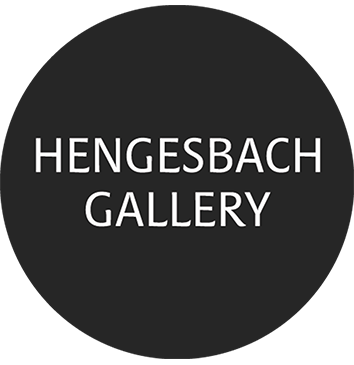Category: Artists
-

Ola Billgren
Ola Billgren’s paintings provide the viewer with insights into a relationship with easel painting since 1960. In earlier works, the renowned Swedish painter who passed away in 2001, especially investigated questions of representation, devoting himself to the role of the individual in the picture. Similar to his contemporaries Richard Hamilton and Gerhard Richter, Billgren began…
-

Peter Bösenberg
The works of Peter Bösenberg condense contradictory situations in our urban environment – the suggestive and subliminally evocative guides his gaze. The artist does not focus solely on obvious events on the surface but is interested in what can emerge from the hidden upon closer observation. Peter Bösenberg, who studied film at the Academy of…
-
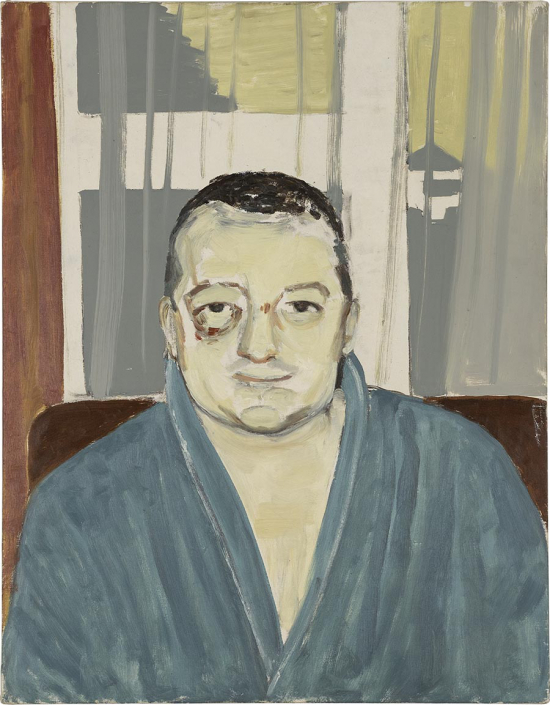
Lorcan O´Byrne
The Irish painter Lorcan O’Byrne gained recognition for his portraits and group portraits of people from his immediate social environment. With extraordinary precision, clarity, and astonishing detachment, he characterizes those close to him using a sparing color palette and brush gestures that vary from painting to painting. Through meticulous painterly exploration and a focus on…
-
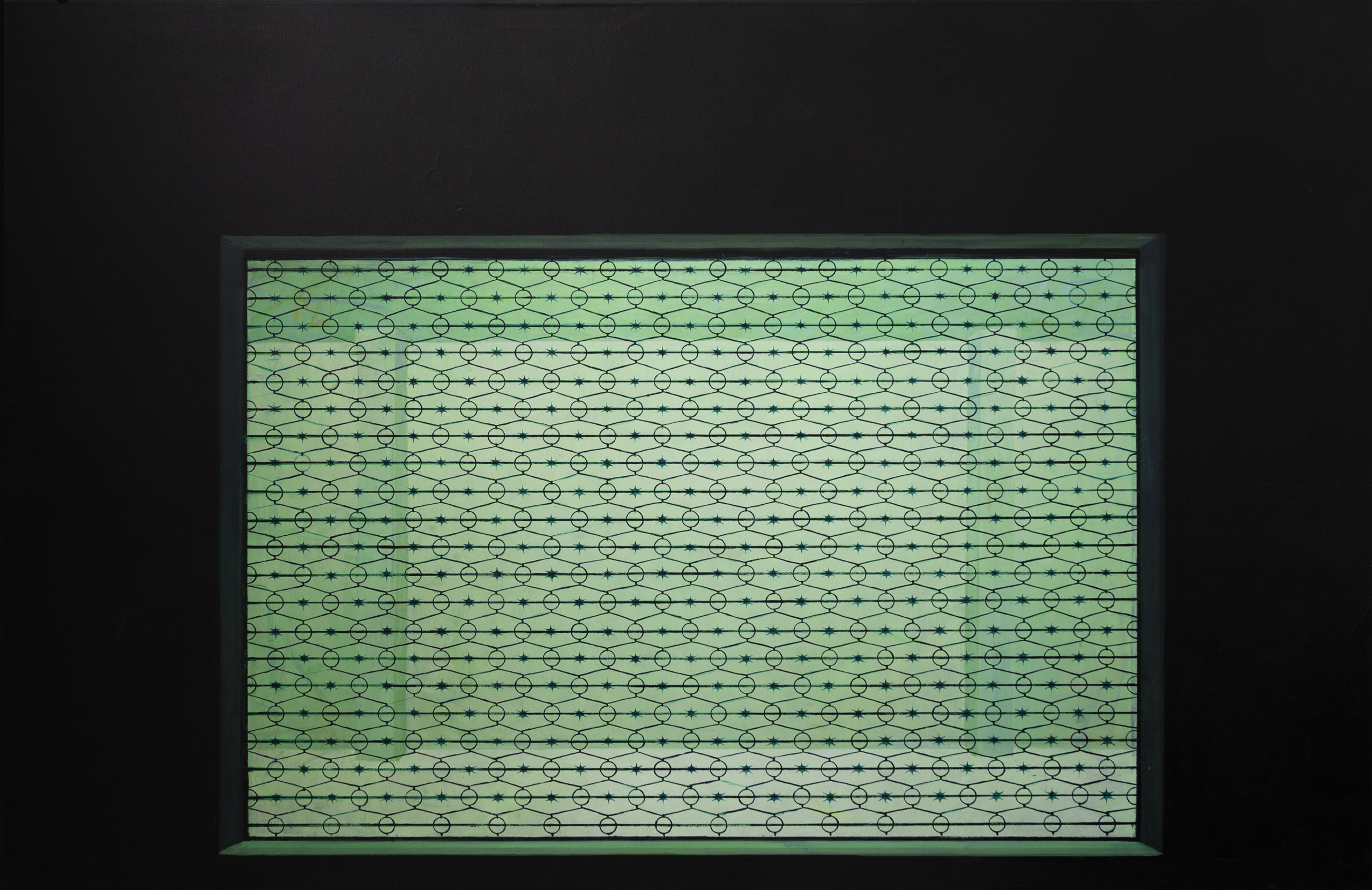
Haein Choi
For Haein Choi’s “silent conversations,” one must sensitize their hearing, seeing, and also their capacity for co-thinking and empathizing. The paintings are initially self-conversations by the artist—about herself, with herself, and the world accessible to her—but they include us by making something visible for us. What is visible is not the world itself; she does…
-
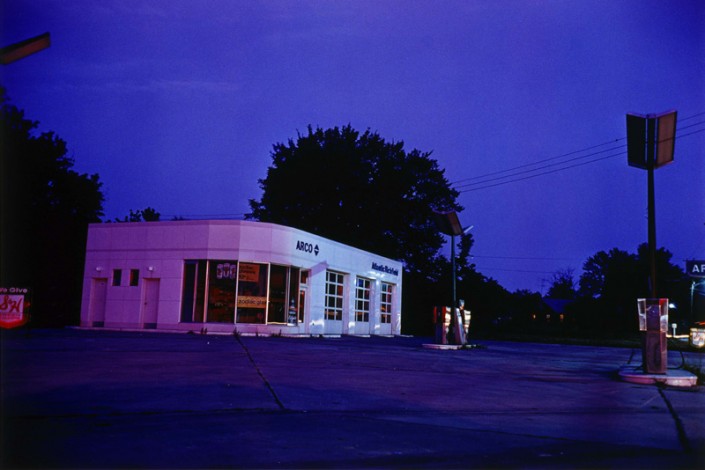
William Eggleston
William Eggleston’s works reflect an abandoned, degenerated world left to itself: objects and people appear detached from their social context, released from their everyday functions. His significance as a classic of photography lies in his distinctive treatment of color as a compositional and meaningful element of the photographic image. Eggleston created an aesthetic of strangeness,…
-
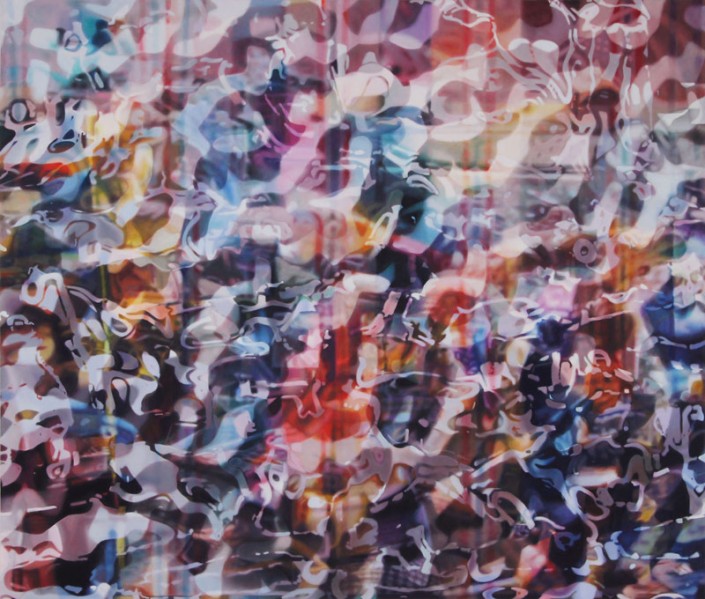
Dirk Eicken
Painting is for Dirk Eicken a medium through which to explore different visual densities and layers, while simultaneously engaging with themes of shifting social proximity and distance, as well as social imprints. He addresses the impossibility of a definitive statement through the image. He applies painterly structures used for camouflage or paints coverings that serve…
-
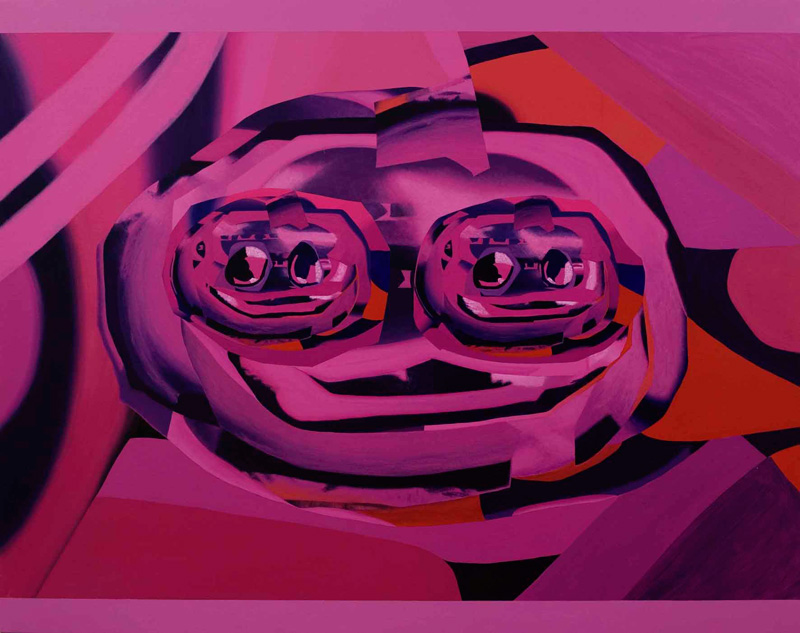
Luis Gordillo
Luis Gordillo, one of the most important contemporary Spanish painters and recipient of the Velázquez Prize, is considered a Pop Art artist. Starting from abstracted samples, he reduces and dissects his pictorial elements, arriving at organic forms that suggest both the microscopic and the corporeal. Through a continuous, rhythmic process of construction and deconstruction, he…
-

Mihai Grecu
With the aim of bringing mental images and landscapes to life, Mihai Grecu’s video works move between photographic image exploration and experimental animation. His films depict a world that, like a dreamlike vision, exists in hidden dimensions of our reality. By blending poetic observations of a single place with subtle shifts in perception, he reveals…
-

Alex Hanimann
The draughtsman Alex Hanimann is interested in the various aspects of systems of order that can produce meaning on the one hand, but also nonsense or half-sense on the other. With his quiet, at times quirky Swiss humor, he disrupts established structures or tidies everything up again, so that in the engagement with the richness…
-
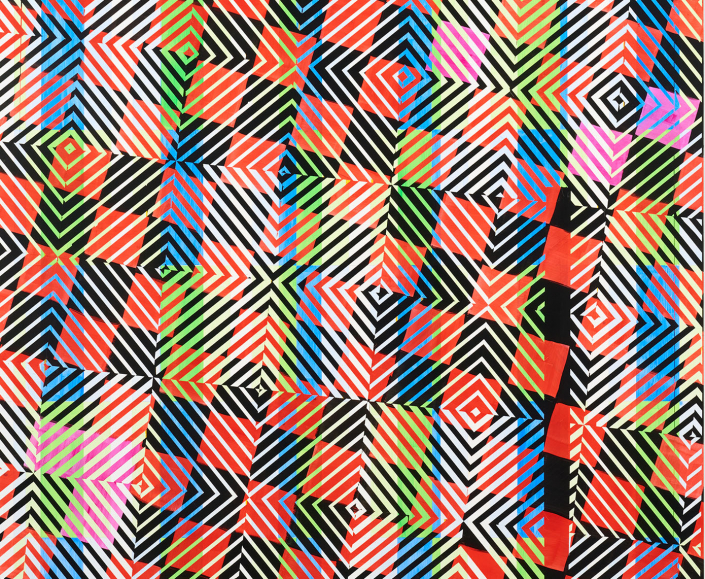
Christof John
Looking at Christof John’s paintings means being confronted with an immediate shift of states. His works are both precise and blurry, deliberately marked by imperfections. Geometric elements run through them, contrasted by organically soft surfaces. Their structures, grids, and color contrasts feel extroverted, referencing the human-made artificiality of our world. At the same time, their…
-
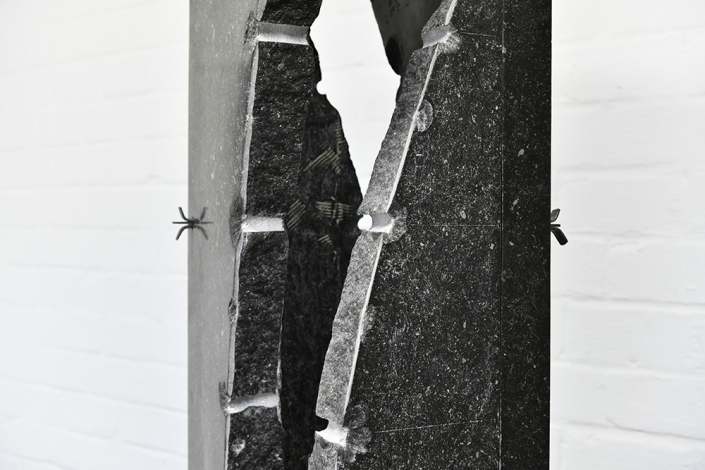
Tristan Ulysses Hutgens
Tristan Ulysses Hutgens’ sculptural focus lies not in individual formal invention, but in exploring the essence of the material itself. To do this, he must work the material, test the limits of its consistency, repeatedly carry out the processes of transformation, and sometimes even push them to the point of excess. In such excess, the…
-
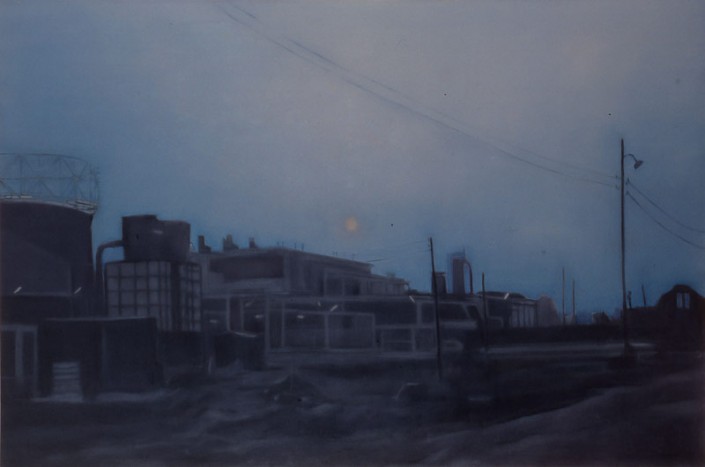
Klaus Kehrwald
Klaus Kehrwald paints within historical genres such as interiors, architecture, floral still lifes, landscapes, and portraits. In doing so, he raises the question of the charged significance and continuity of traditions and identities after they became questionable or fractured in the first half of the 20th century. In Kehrwald’s work, the painted form never becomes…
-

Dieter Kiessling
Kiessling’s works are the result of a conceptual approach that does not exclude experiment and chance, yet is strongly shaped by (media) reflection and intellect. In his photographs and videos, he alienates the technical functional canon of cinematic devices. This occurs on the one hand at the level of apparatus, and on the other with…
-

Axel Lieber
Axel Lieber uses everyday objects as reference points and alters their materiality by stripping them of their semantic content, filling the resulting voids with new meanings. In doing so, he creates synesthetic overlaps and oppositions that seem to animate the sculptures and draw the viewer into an intimate sphere. Works Biography 1960 in Düsseldorf (D)…
-
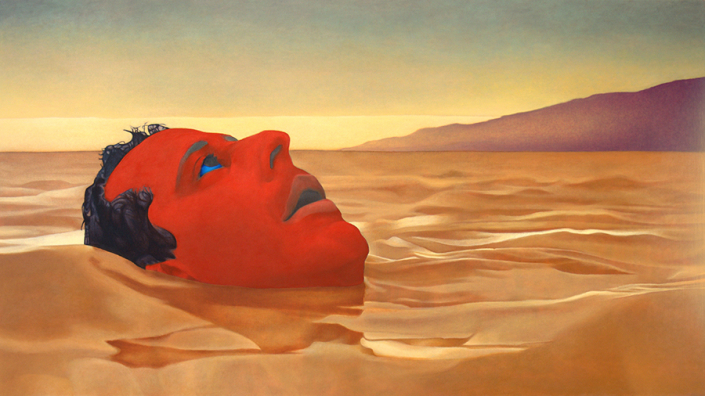
Lennart Martin
Lennart Martin has developed a tool within painting that brings latent tensions and underlying aspects of today’s media-produced self-representations of people to the surface—where they explode. The motifs may be taken from pop culture or from film stills. Martin does not paint his subjects using projection, but by freely redrawing them. He begins by focusing…
-
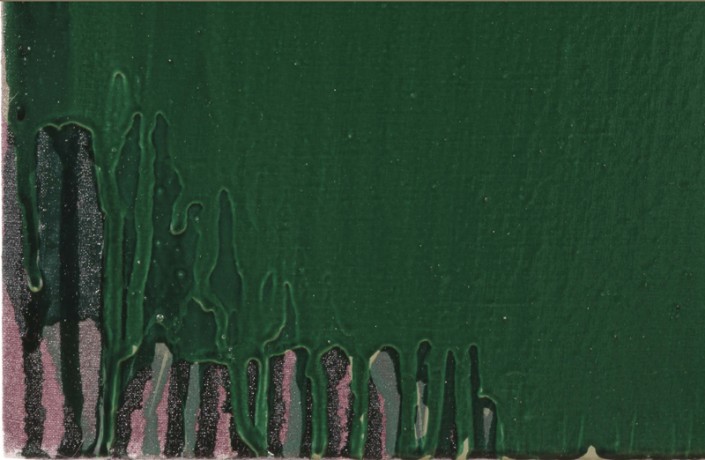
Joseph Marioni
Joseph Marioni // 6. Juni 1943 (Cincinatti, Ohio) – 6. September 2024 (New York) We have the painful task of announcing the death of a great painter: Joseph Marioni has passed away suddenly and unexpectedly. We would have wished for him to continue his magnificent late work. Marioni felt a deep connection to the ethos…
-
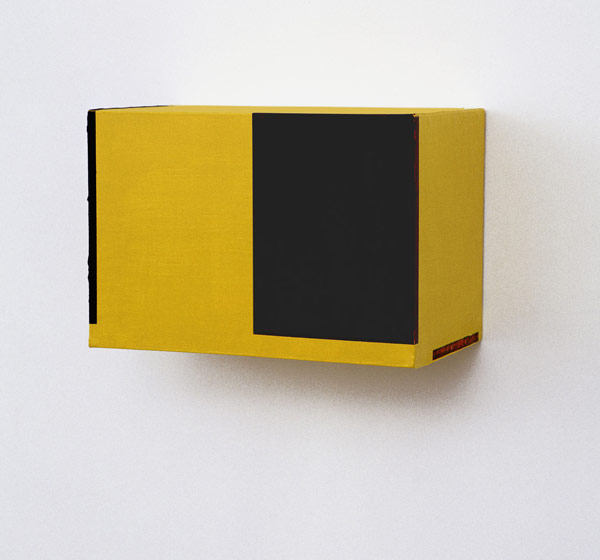
Anthony McDonald
Anthony McDonald explores phenomena of perception in his paintings. He does not paint the things we see; rather, he paints the medium through which something becomes visible to us (scales, folding rulers, mirrors, glass panes, projection screens). He is interested in the light reflected by objects, as well as their shadows and reflections. With his…
-
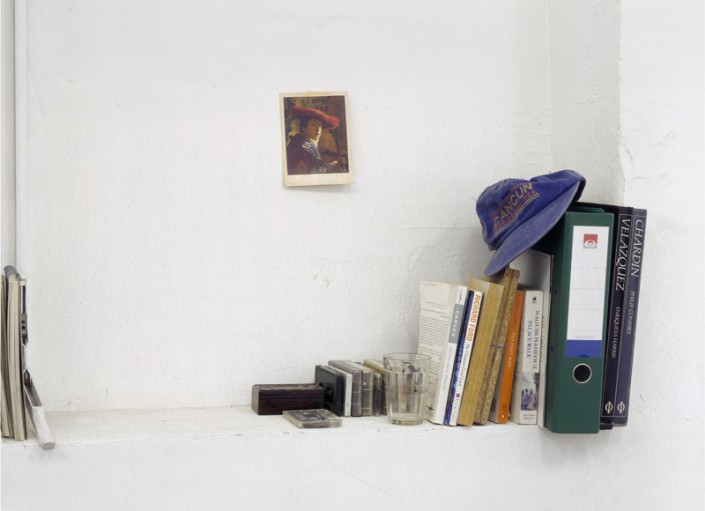
Christopher Muller
Christopher Muller addresses in his still lifes not only the relationship between objects, but also our perception of them. His paintings make clear that the viewer is entangled in a complex web of feelings such as preference and aversion, which shape expectations and actions in everyday life. His works raise awareness of these mechanisms of…
-
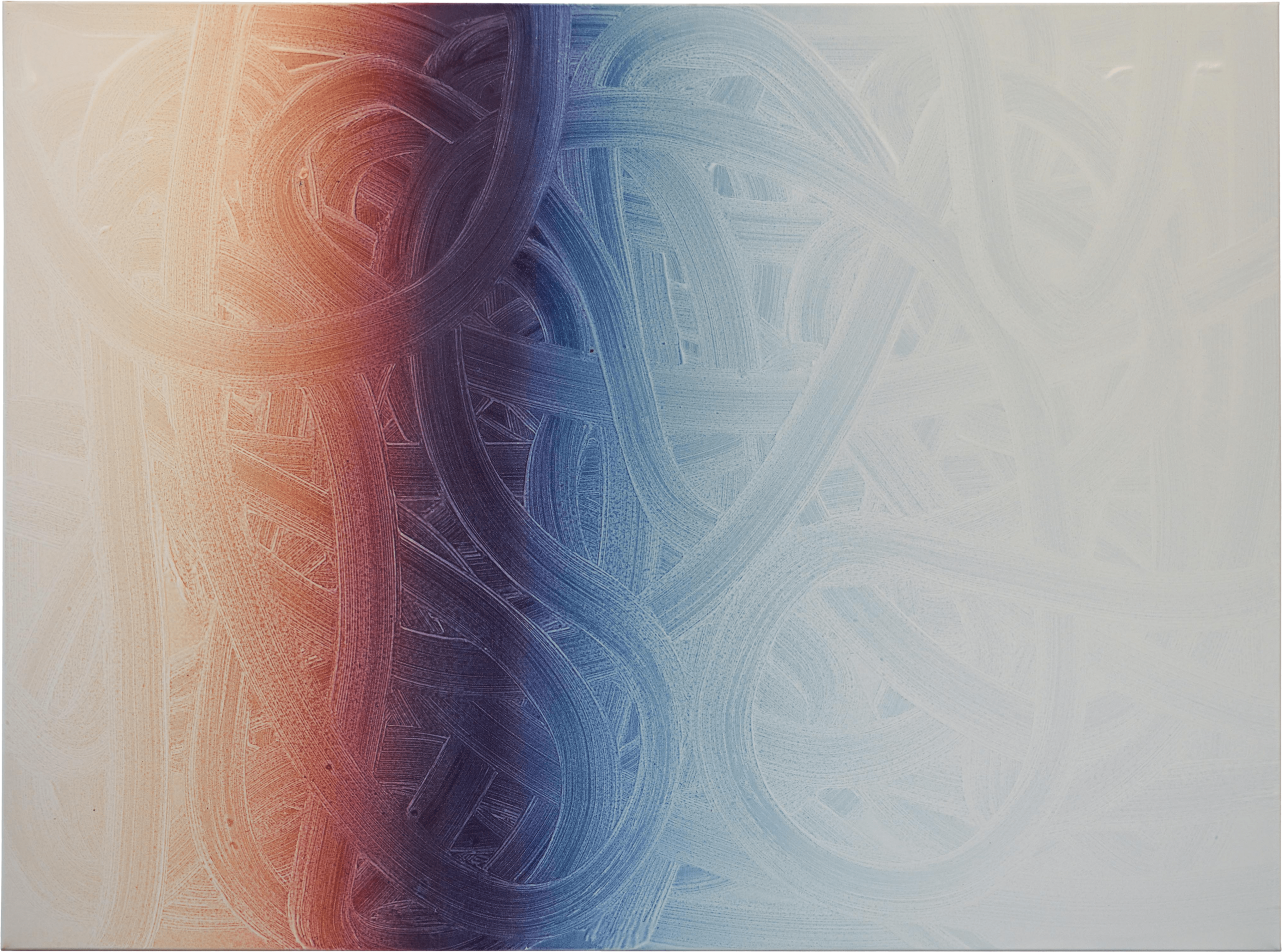
Moritz Neuhoff
Neuhoff’s painterly work is driven by three fundamental factors: the exploration of pictorial freedom through the layering of painterly gestures, the invention and interweaving of structures, and the immersion of these structures into a seemingly virtual space of color and light. He has since developed such a virtuosic technique that even experts are unable to…
-
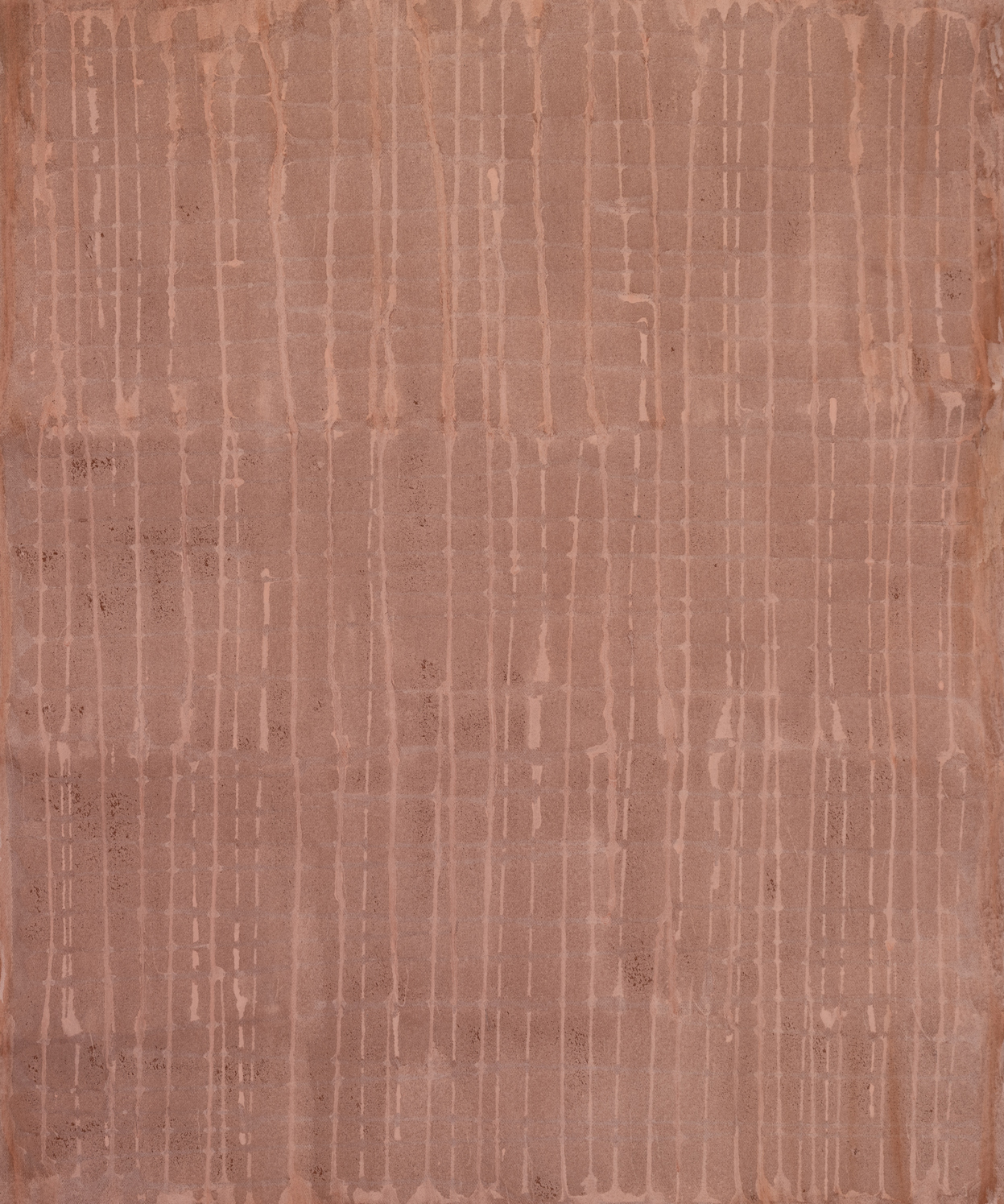
Moritz Neuhoff
Neuhoff’s painterly work is driven by three fundamental factors: the exploration of pictorial freedom through the layering of painterly gestures, the invention and interweaving of structures, and the immersion of these structures into a seemingly virtual space of color and light. He has since developed such a virtuosic technique that even experts are unable to…
-

Walter Obholzer
Walter Obholzer’s work is characterized by the ambivalence of attraction and repulsion: he adopts ornamental structures and gestural forms, which he captures with painterly finesse in a cool tempera palette. He freezes the dynamism of outer form into a coloristic stillness. The fact that the images evoke the appearance of a fresco that has been…
-
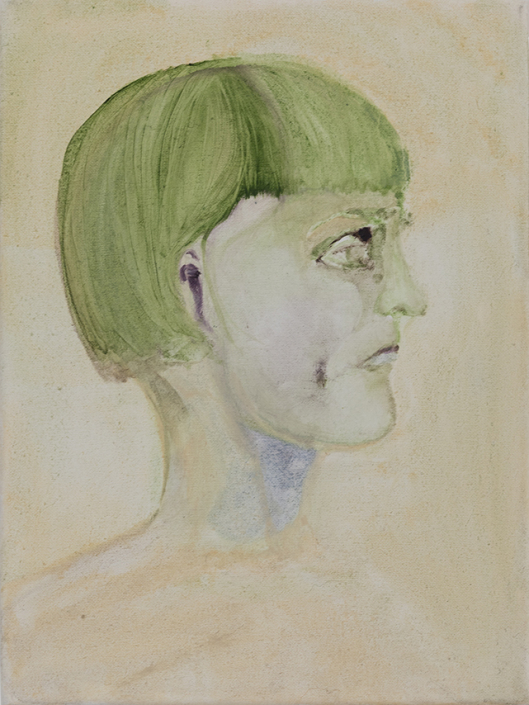
FRANZISKA SARTORIUS
Wie ist es dazu gekommen, dass wir unser Inneres immer seltener nach außen sprechen lassen? Und uns stattdessen eine Maske aus künstlicher Heiterkeit aufsetzen, uns in nichtssagenden Selfie-Inszenierungen mit der Welt verknüpfen, ohne ihr wirklich näherzukommen? Wir jagen äußeren, unerreichbaren Idealen hinterher, retuschieren alles scheinbar Unschöne, Unebene, Eigen- oder Andersartige weg, richten uns nach medialen…
-
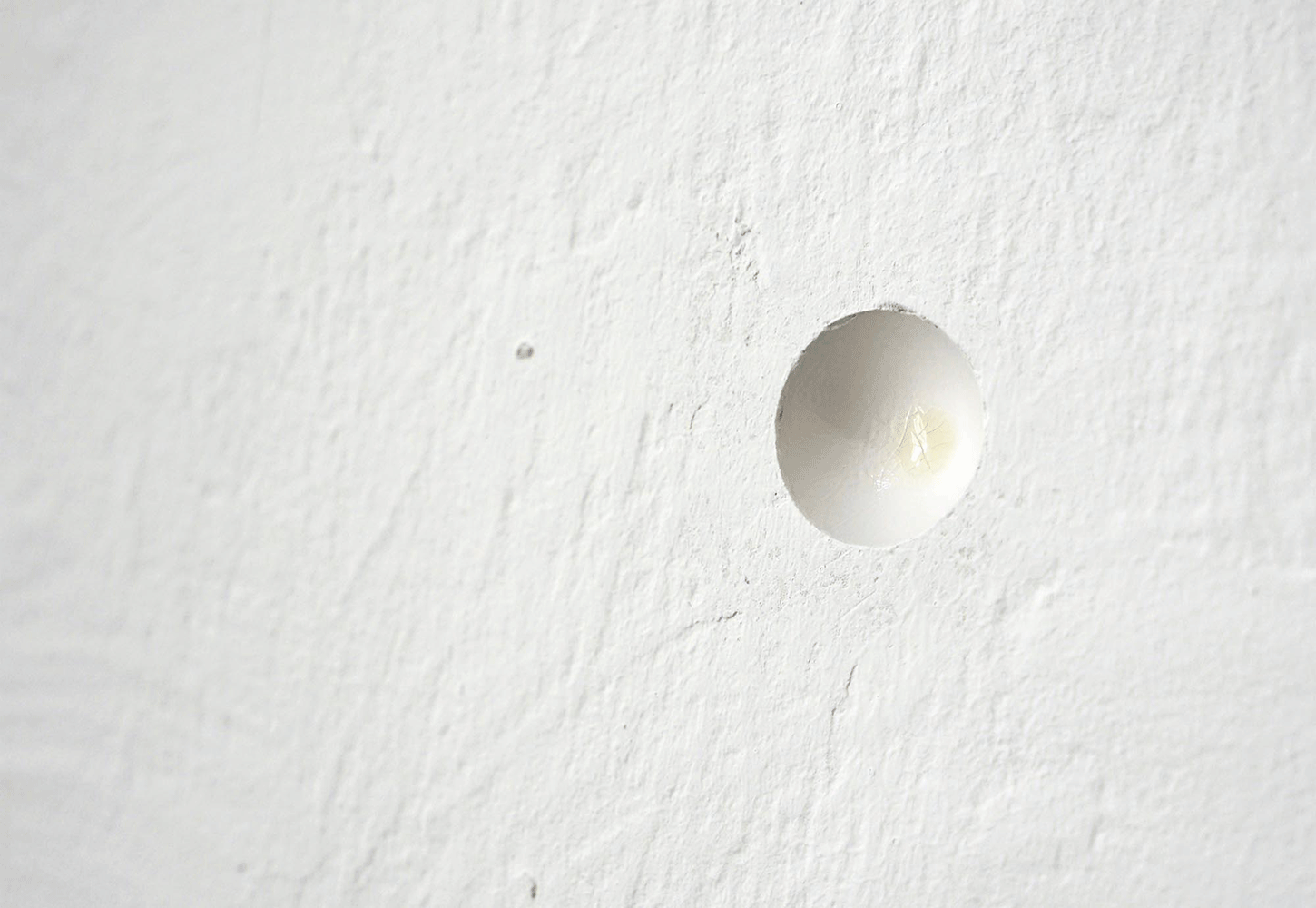
David Semper
If something is enclosed within something else, it is connected to it. But how strong this connection is, and what it entails, can vary greatly. It depends significantly on whether the connection is between equal partners, whether it is productive for both, or whether it is perceived as a disadvantage, an injury, or a contamination.What…
-
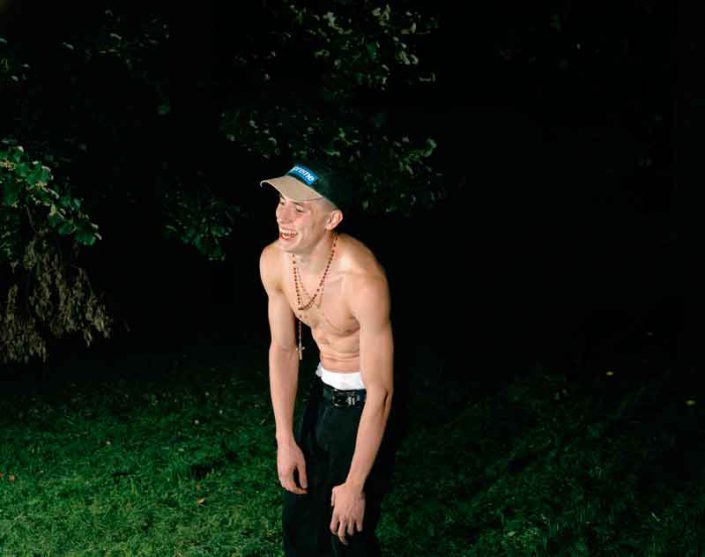
BJÖRN SIEBERT
Björn Siebert restages snapshots he finds on the World Wide Web. He is interested in examining the structures of visual communication in our culture and the mysterious potential that unintentionally created images can possess. What was a chance arrangement of things in the original image is meticulously reconstructed by him through extensive research. The strangely…
-
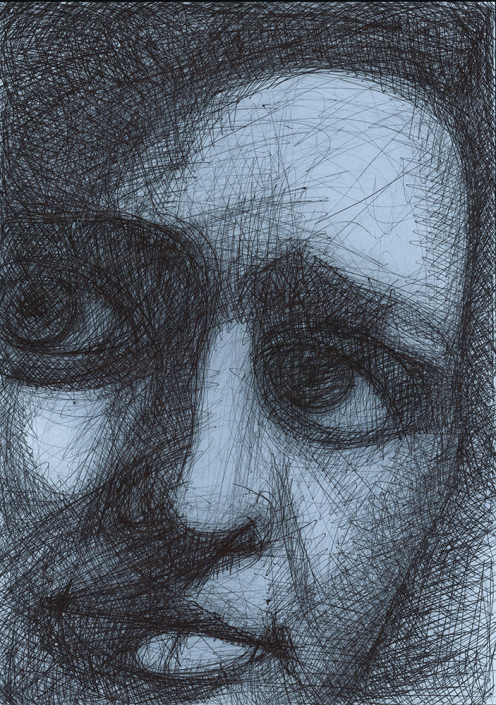
Olga Stozhar
For many years, the Jewish Russian artist Olga Stozhar has been working on a large-scale project aimed at addressing a subjective history of remembrance and artistically “reviving” the victims of National Socialism. The project is titled: they are looking at us. For this, Olga Stozhar uses photos of victims who perished in concentration camps or…
-
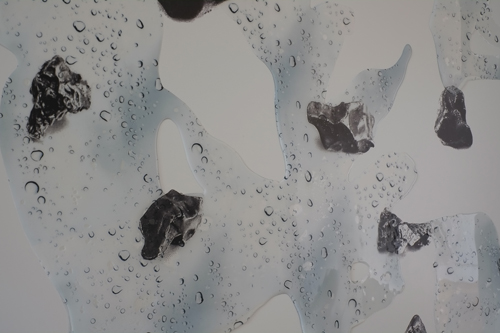
Nikola Ukić
Nikola Ukic’s artistic practice spans a multimedia spectrum of expression, ranging from ephemeral installations and autonomous sculptures to digital graphics and performative interventions. At the heart of his work lies a critical questioning and reinterpretation of sculptural strategies. His pieces address contemporary discourses such as the crisis of a coherent bodily experience, the relationship between…
-
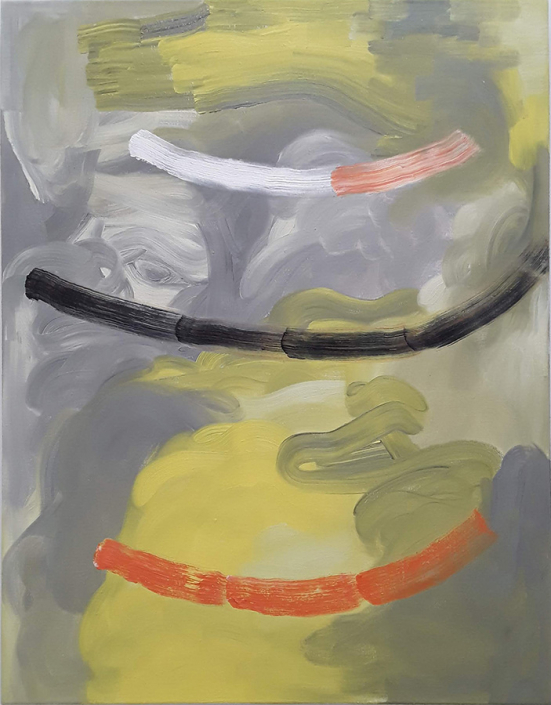
Ulrich Wellmann
One might imagine three or four quite different individuals encountering one another and beginning to converse, and a colorful dialogue gradually unfolding. The first speaker would lay the groundwork with their remarks, the others would build upon this foundation, responding to previous thoughts and perhaps even surprising themselves with the ideas they are drawn to…
-
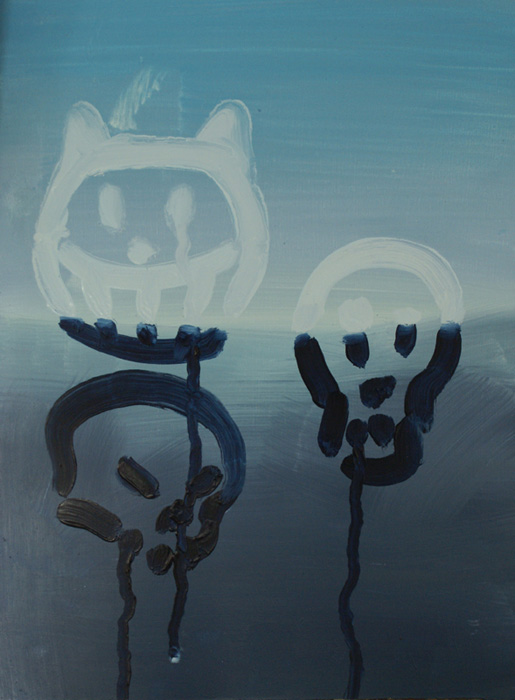
Markus Willeke
Willeke’s motifs emerge from the European youth culture of the 1980s and 1990s, exploring the subcultural influence of America on the creation of striking everyday symbols: fictional monsters, fast-food buildings and packaging, bizarre cartoon figures, spellbindingly tattooed backs, dancing night lights, crime. In the physical immediacy and raw force of his painting, Willeke creates a…
